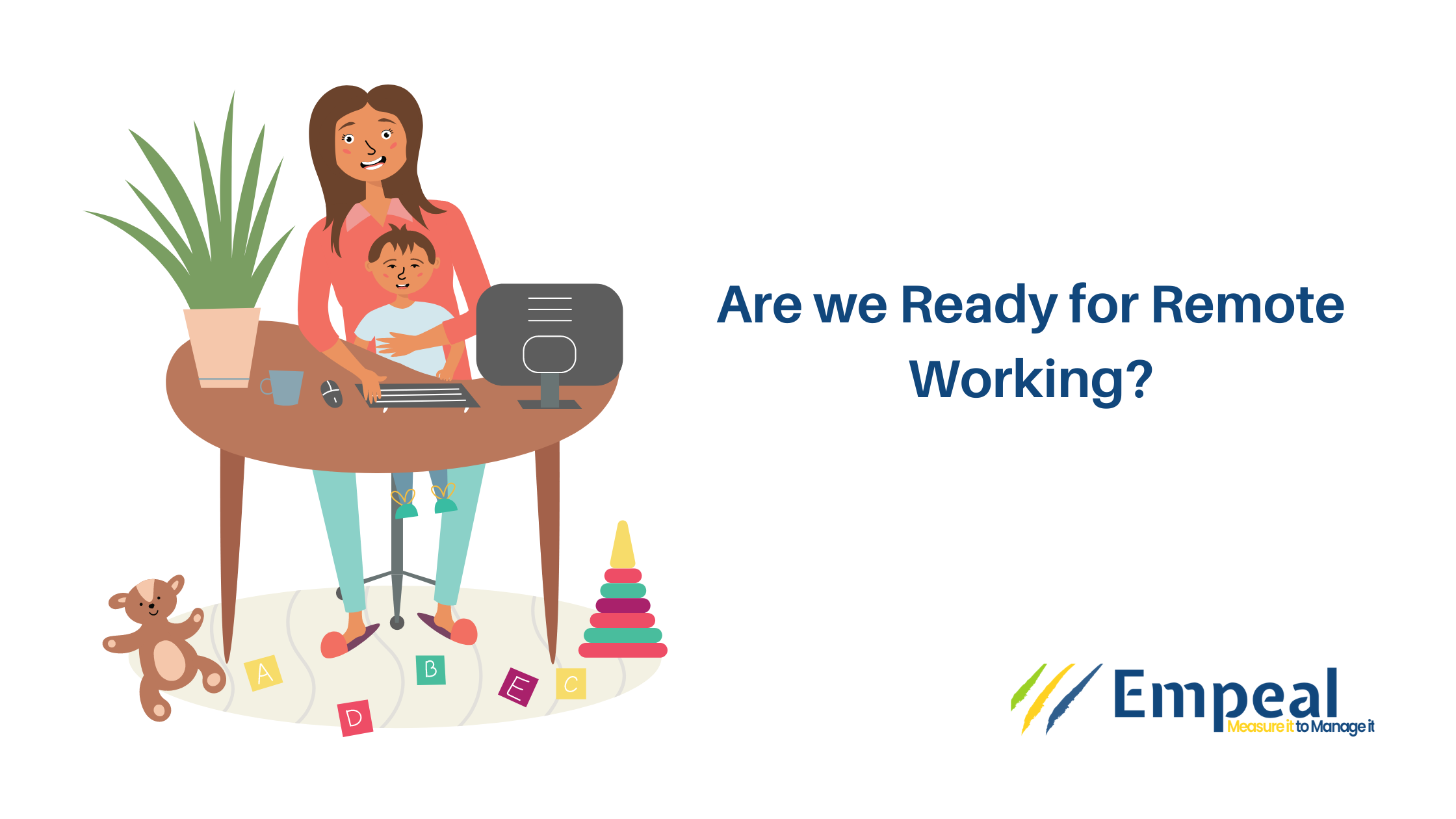Are we ready for full remote working?
 25 Feb, 2021
25 Feb, 2021
Remote working is one of the most flexible advantages that an organisation can offer their employees. Which can, in turn, give them advantage in attracting and retaining talent. This also means organisations are not restricted to a geographical area to hire talent. So ‘the world is an oyster’ for both organisations and employees. It’s time to take a look at the ‘good, bad and ugly aspects of Remote working. The negatives are not wholly negative, but in my opinion are roadblocks in moving towards 100% remote working. We need to focus on reaching solutions for these roadblocks before taking this big step.
Yes, COVID changed the landscape and there is a new normal for working. Back in March, some organisations who were already used to hybrid or remote working embraced the ‘new normal’ with relative ease, while the majority struggled and didn’t know what to do or how to manage. Come 2021 we are now far more accustomed to working from home and organisations have come up with various plans (primarily, thanks to technologies like Zoom) to stay in contact with teams. With that said, are we really?
As we are talking to more organisations and employees, there seems to be a pattern forming:
- Work life balance is completely out of whack for most people. Their personal relationships are suffering as a result.
- Managing family life in close proximity to workspaces is becoming a modern-day nightmare.
- I had a scare where all the fingers on my right palm swelled up and I rushed to my GP thinking I had developed arthritis, only to be informed that he is seeing too many of these and it is down to us working from kitchen tables and on laptops without a break.
- Many employees do not have the space in their home to set up a proper office. So, the poor posture issue is stuck in a loop.
- Internet connections are un-reliable or too many people in the house are using it at the same time. So, everyone is frustrated, and productivity seriously suffers.
- There’s also the extra cost of internet, electricity and heating. Office buildings are typically of a higher energy rating while not every household is the same. Are we then putting more pressure on the environment and the services themselves?
- A very real fear from remote working is feeling out of touch with teams and management. A relatively quiet day at work might trigger panic attack like - ‘I might be losing my job.’ Leading to that person looking for a job and boom…increased employee turnover!
- Finally, domestic violence is on the rise and if we have full remote working, the person whose respite was the workplace, may be forced by an overbearing partner to work from home permanently. Who protects them?
For organisations:
- They are struggling to figure out what their employees want. HR is trying hard to provide various engagement options and ending up with messy programs and wasted efforts.
- Simple departmental meetings turn out to be full blown emotional roller coasters (yes, a few of them even saw people crying!!)
- Team camaraderie is difficult to be had over zoom, as a result companies depending on innovation are finding it difficult to brainstorm.
- Training new employees taking double if not triple the time. Because if someone is onsite, they learn on the job. In a remote working scenario, you end up having meetings about meetings you just had.
- Businesses are struggling to understand how to and who will ensure employees have access to proper workspaces. Are they comfortable sending people to employee’s private homes?
- How can businesses ensure their employees are not under extreme pressure from home?
- Process and policy documents can standardise workflows, but we are not robots. In that case those who are working onsite or following hybrid working may be at an advantage over those employees who chose remote working because they are learning faster?
- Ireland has a strong startup eco system where cross pollination at startup hubs generates new ideas and collaborations. Unless you are very driven and organised, it is impossible toknow of all the possibilities around you.
- Business depends on networking. If you are not building new connections, how do you ensure your customer or investor pipeline?
These are important issues, in my opinion. We need to consider or provide solutions to them, if we want to implement full remote working rights. I am all for hybrid working, as flexibility around work is the most prized possession one can have. However, I would think before jumping on the bandwagon of praising remote working without considering every aspect.

How Healthy are You?
Get a picture of your current health status and habits by taking our short Health and Wellbeing Check!